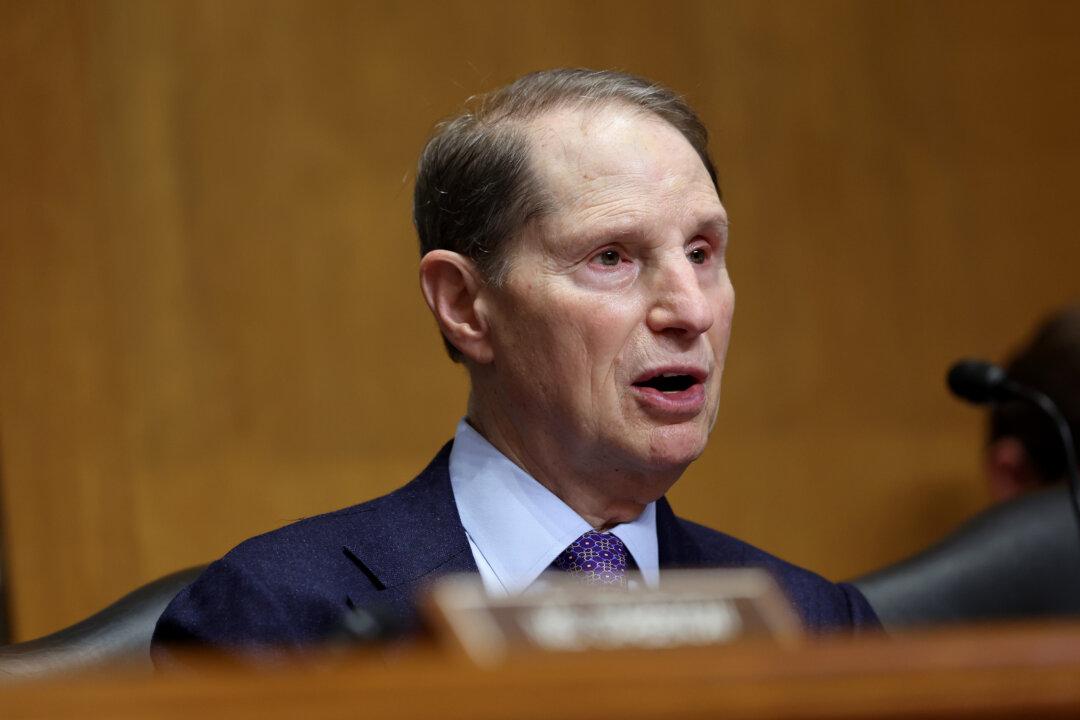A group of 16 Democratic senators introduced a new bill on Thursday that would compel wealthy Americans to pay taxes on the unrealized gains of their capital assets every year.
Sen. Ron Wyden (D-Ore.) sponsored the legislation, which he dubbed the “Billionaires Income Tax Act.” In a one-page bill summary, Mr. Wyden said the legislation would apply to taxpayers with more than $100 million in annual income or more than $1 billion in total assets for three consecutive years, a class representing about 700 U.S. taxpayers, by his estimate.





